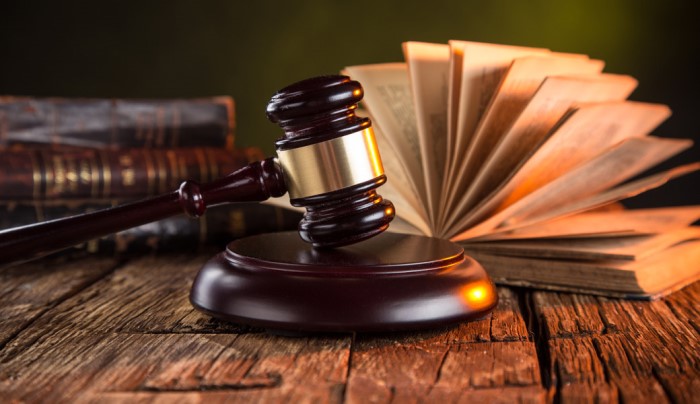If you’ve been involved in a car accident but it wasn’t your fault, you may be wondering what you should do next. In this article, you’ll learn how to file a police report, contact your insurance company, and obtain a medical report. In addition, here are some tips for getting the most out of your insurance coverage. Finally, you would want to consider getting a car accident attorney to help you during accidents. If you’re in the car accident business, you may also be interested in reading this article.
Getting a police report
Filing a police report can be beneficial if you have an insurance claim. Your insurance company will want a copy of the report to expedite the claims process. Afterwards, you should talk to the other driver only for information, not to determine fault. Be sure to get their contact information, too. In addition, you should keep a notebook of details and contact information of any witnesses.
If you are in the wrong car, taking photos of the accident scene is vital. Not only will these photos help your case later on, but they will also show the other car and road conditions. You can also try to get a video of the other car’s behavior. Ask a bystander or passenger to take pictures if you have a cell phone. If the other driver does not have a phone, get their contact information. Then, you can use this information to file a claim.
Getting a lawyer
You should immediately seek medical attention if you have recently been involved in a car accident. Medical bills, if any, can be used to help prove fault and liability. Your lawyer will also be able to gather any video footage that was captured at the scene. Also, make sure to contact any witnesses to your accident. In addition to obtaining medical treatment, you should not admit fault or sign any documents without first consulting with a lawyer.
If you were not at fault for the car accident, you must be prepared to prove it. The other party may try to shift the blame, alter their story, or deny liability. It can be very difficult to prove who was at fault for the accident. To make matters more complex, you may have to prove that the other driver acted without due care. It means you should be prepared with information and evidence to help you win your case.
Contacting your own insurance company
The first thing to do after being in a car accident is to contact your own insurance company to file a claim. If the accident wasn’t your fault, you could ask what your policy covers and what you are responsible for. Unfortunately, the insurance company may not investigate your claim. However, if the accident is minor and you didn’t cause it, you might not have to contact your insurance company. This way, you can get paid for the damages caused by the accident.
If you are at fault, contacting your insurance company will allow you to discuss your accident with an experienced professional. If the accident is minor, you won’t need the services of an attorney. However, you may be required to make a recorded statement by your own insurance company. In such situations, you need to carefully consider whether you want to sign a statement that could be used against you.
Getting a medical report
If you are involved in a car accident, you should get the medical treatment you need to heal. In addition, medical documentation of your injuries will help your insurance company determine liability. It is also important to get a hospital report of the accident to compare it with what was recorded during the accident. Soft tissue damage is often difficult to detect, but the longer you wait to get medical attention, the worse it will be.
When a car accident occurs, there may be witnesses, but these witnesses will likely fade into obscurity. While they may not be able to prove fault, they can help your case later. Try to get as many pictures as possible of the scene of the accident. Include the other car and road conditions. If possible, take pictures of the scene, and ask a bystander or passenger to take pictures. If you have an ambulance, get the contact information of the ambulance and police. Even if the accident weren’t your fault, you would still need to get your insurance company’s medical report.
Avoiding road rage
The first tip to avoid road rage after a car accident is to stay calm and not respond to aggressive gestures. Simple gestures like flipping someone off or cutting them off can trigger road rage. Likewise, avoid responding to aggressive gestures, such as yelling, cursing, or swearing. These actions can escalate the situation and may lead to a person-to-person confrontation.
Another tip is to avoid engaging in aggressive driving behavior. If the other driver is driving aggressively, they may not have time to adjust their speed. Other signs of aggressive driving include:
- Tailgating.
- Passing in a restricted area.
- Illegally driving on the shoulder.
- Racing other drivers.
- Swerving in the middle of the road.
If this happens, the best option is to take a few deep breaths and remain calm.



